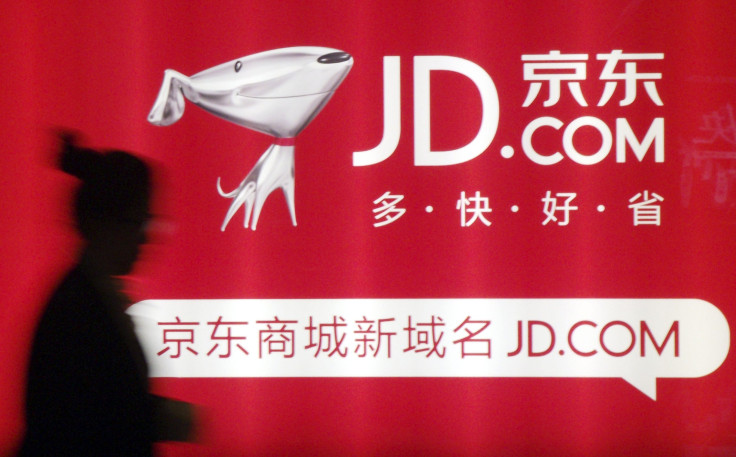New Competitors For Amazon.com, Inc. (Nasdaq:AMZN) And EBay Inc (Nasdaq:EBAY): Chinese E-Commerce Giants Jingdong And Alibaba Set Sights On American Market

In a few years you might be tempted to opt for Jingdong and AlExpress over Amazon when shopping online. Now that the Chinese e-commerce giants have set their sights on the rest of the world, especially the U.S., it's a distinct possibility.
Chinese Internet retailers are doing more business than ever at home, but they are looking to other markets as their domestic turf has become overcrowded. But instead of competing on price, they seem to understand that overseas, service is just as important, if not more so, than offering the cheapest prices around.
"In China, price is the most important factor, and there is little customer loyalty," says Liu Sijun, who is in charge of exports at Jingdong Corp., the leading Chinese Internet retailer by sales, according to the Wall Street Journal. "Outside China, services are more important."
Jingdong’s profit margins outside China are about 40 percent to 50 percent higher than the 15 percent to 20 percent it earns domestically.
American e-tailers like Amazon.com, Inc. (Nasdaq:AMZN) and eBay Inc. (Nasdaq:EBAY) have no reason to worry about their Chinese counterparts just yet, but Chinese companies could offer consumers more options in niche products in the future.
For example, Lightinthebox Holding Co Ltd (NYSE:LITB), which went public this year, got its start in wedding gowns but has since expanded to include novelty items like faucets with built-in, color-changing lights, while Jingdong said Chinese-language books and specialty electronics such as soymilk makers and noodle makers are selling well overseas.
More than 68 percent of the sales in the beauty and health category at AliExpress, the overseas arm of Jack Ma’s Alibaba Group, came from hair extensions and wigs in the first half of 2013, and buyers in the U.S. accounted for 75 percent of those purchases, the Wall Street Journal reported.
Of course, price remains a major factor for the Chinese firms’ competitiveness.
"Chinese e-commerce sites offer value for money for customers outside China," said Mr. Ji, an investment fund managing partner who was Morgan Stanley's head of Asia Internet and media research. When they were preparing an apartment for their first child, Ji and his wife bought three ceiling lights from Taobao, a B2C site owned by Alibaba. The lights would have cost 10 times as much in Hong Kong, Ji estimated.
© Copyright IBTimes 2025. All rights reserved.





















